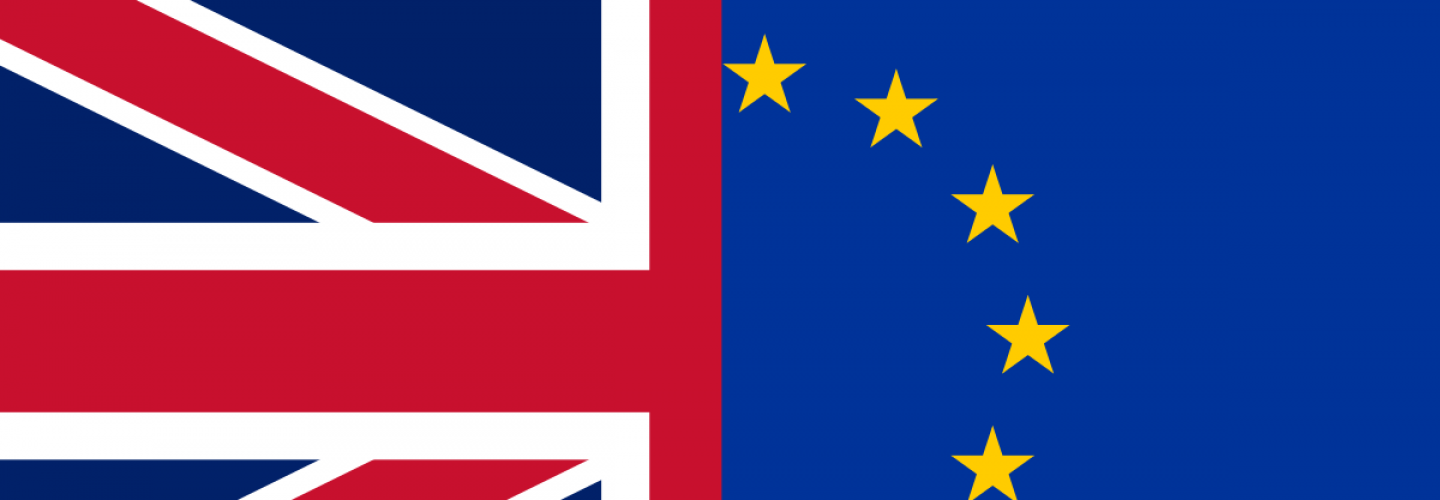New report from the Nuffield Trust, co-authored by City’s Professor Tamara Hervey and funded by the Health Foundation.
By Mr Shamim Quadir (Senior Communications Officer), Published
Global supply problems have caused a “shock rise” in shortages of life-saving drugs like antibiotics and epilepsy medication, suggests new research revealed today. It says that these shortages come at a cost to the patient and the taxpayer, and are happening despite the NHS spending hundreds of extra millions trying to mitigate the problem. It argues that the UK risks being left in the cold when it comes to co-ordinated EU attempts to tackle them.
The new report by the Nuffield Trust think tank and Tamara Hervey, Jean Monnet Professor of EU Law, City, University of London, Nick Fahy, RAND Europe, Professor Mark Flear, Queen’s University Belfast and Professors Scott L Greer and Holly Jarman, University of Michigan, examined key indicators on drug shortages in the UK in the context of global problems with supply chains and the availability of key ingredients.
Funded by the Health Foundation, the report finds that the past two years have seen constantly elevated medicines shortages, in a "new normal" of frequent disruption to crucial products.
Key findings on drugs shortages include:
- Price concessions (where the government gives extra funding because there are no drugs left at the NHS price) have risen sharply in recent months: prior to 2016 there were rarely more than 20 per month but in late 2022 they peaked at 199 and have remained high ever since.
- The excess cost for medicines in months when they were subject to price concessions was £220m across the year to September 2023.
- There are now over double the number of notifications by drugs companies warning of impending shortages than there were three years ago: in 2023 there were 1,634 such alerts issued, compared to 648 in 2020 (a spike in 2021 was caused by concerns over supply fears in Northern Ireland following Brexit).
- The UK has been slower to approve drugs than the EU for new drugs that are authorised centrally. Of drugs authorised in the year to December 2023, 56 drugs authorised in Europe were approved later in the UK and eight have not been approved. Four were approved faster.
The report suggests that the EU Exit has not caused the recent spike in medicine shortages, but it is likely to significantly weaken the UK’s ability to respond to them by splitting it from European supply chains, authorisations and collective efforts to respond to shortages. In particular, the research highlights the risks posed to the UK from being left out of key initiatives like the Critical Medicines Alliance and Voluntary Solidarity Mechanism, led by EU member states to work together to insulate themselves from the impact of medicines shortages.
The research, published as part of a wider report supported by the Health Foundation entitled “The future for health after Brexit”, also suggests that Brexit has forced the NHS to rely on ethically dubious sources of migration to shore up its workforce, with recruitment from “red list” countries rising by almost a third in one year; and that life science and medicine regulation is lagging behind the EU.
Professor Tamara Hervey said:
Mark Dayan, Nuffield Trust Brexit Programme Lead, said:
